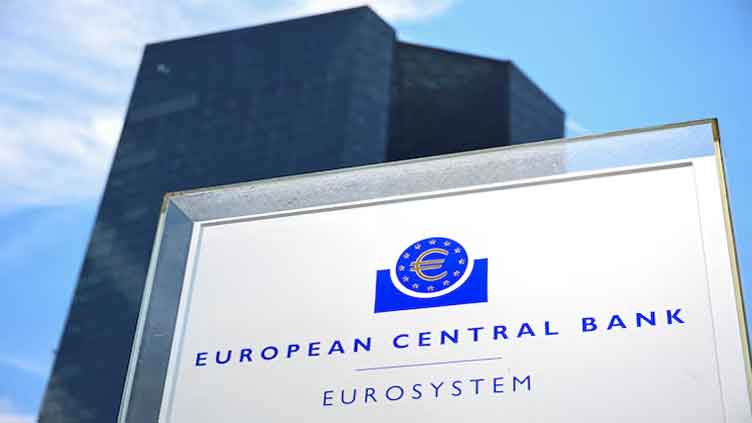ECB policymakers at odds over downturn's impact, sources say

Business
ECB policymakers at odds over downturn's impact, sources say
FRANKFURT (Reuters) - European Central Bank policymakers are increasingly at odds on the outlook for growth, a rift that could shape the rate cut debate for months with some fearing a recession and others focusing on lingering inflation pressures, sources close to the debate said.
The ECB cut interest rates in June and is almost certain to ease again in September in a nod to slowing price growth. However, policy decisions further down the road are likely to be more complicated as the euro zone economy enters a more precarious state, conversations with close to a dozen sources suggest.
The core of the debate is over how weakness in economic growth and a potential recession will impact inflation - the bank's ultimate focus - as it tries to cut inflation to 2% by the end of 2025.
Although much of the discussion is private, conversations with sources with direct knowledge of it reveal diverging views.
An ECB spokesperson declined to comment.
Policy doves, who remain in the minority, argue the economy is weaker than thought, recession risks are on the rise and firms that have hoarded labour are starting to cut vacancies, leaving the jobs market softer.
Once employment declines, so does disposable income, quickly eroding consumption and leaving a self-reinforcing downturn.
"This would weaken price pressures quicker than we now forecast, so I think the risk of returning to below-target inflation is real," one of the sources, who asked not to be named, said.
This would suggest the central bank is behind the curve in cutting interest rates and buffering the economy, supporting the case for quicker interest rate cuts, they say.
Inflation, down to 2.2% in August, is now forecast to rise again towards the end of the year and coming back to 2% only in late 2025.
RECESSION?
Conservatives, or hawks in central banking parlance, who have dominated the policy debate since the start of rapid rate hikes in 2022, argue that actual growth figures persistently outperform weak survey results and the economy is holding up.
Consumption is robust, the bloc just enjoyed a superb tourism season and construction is finally rebounding, so growth remains respectable.


